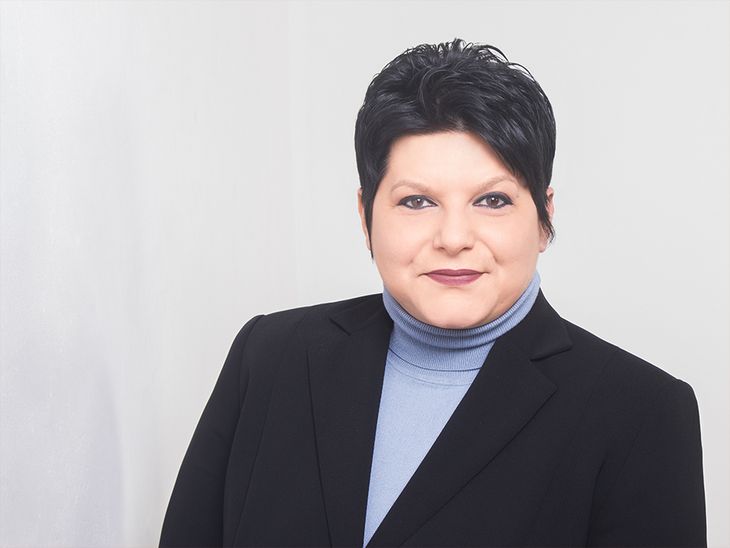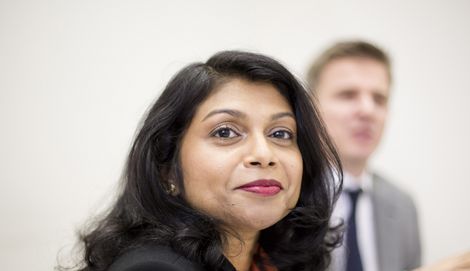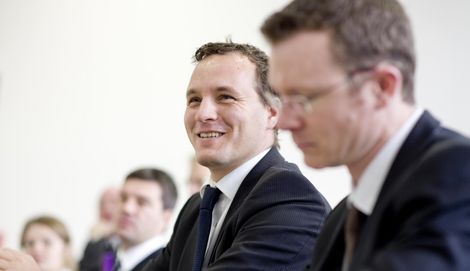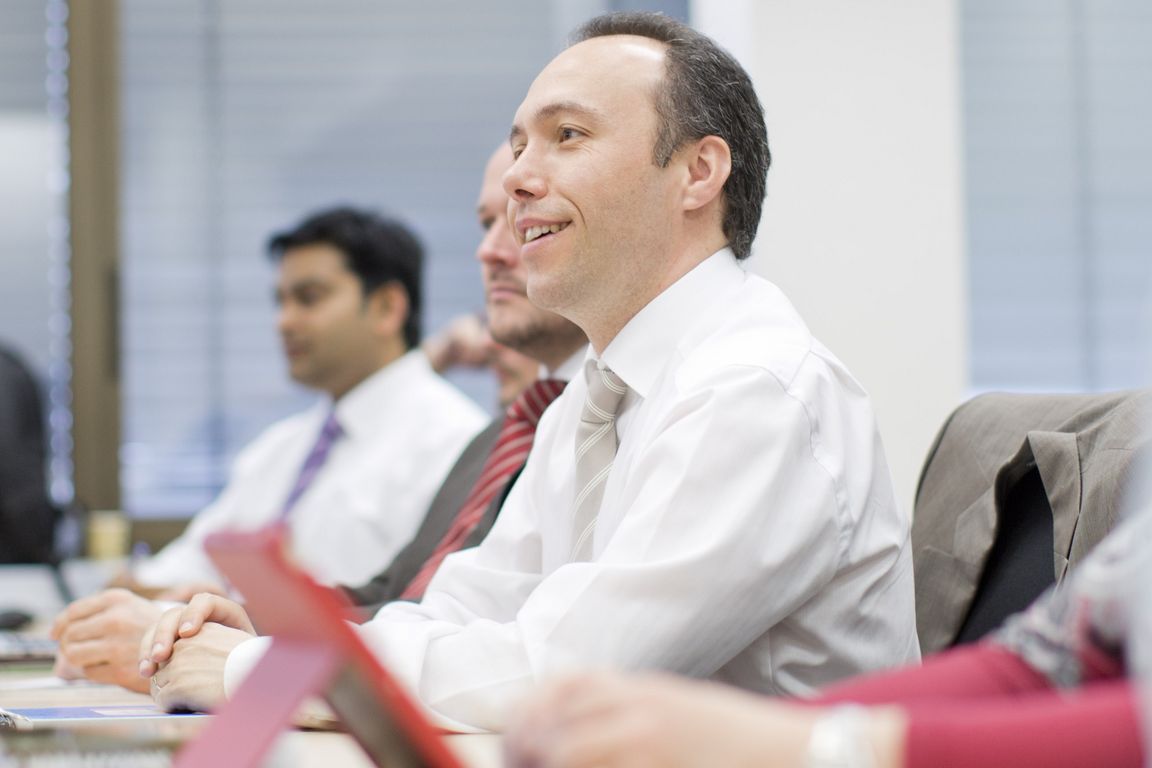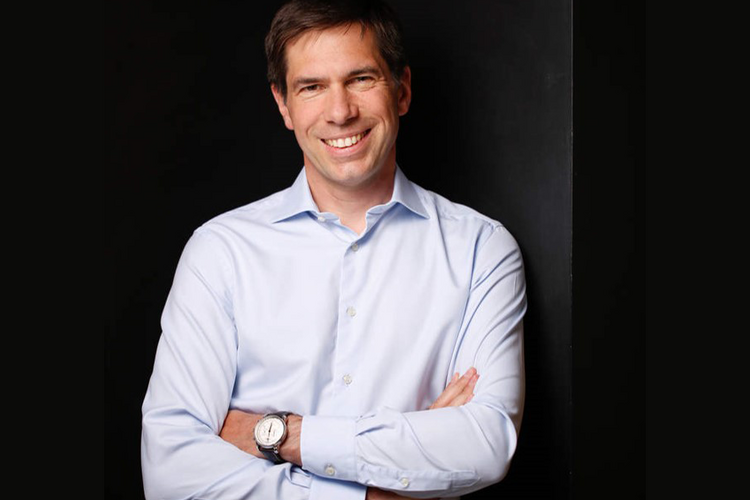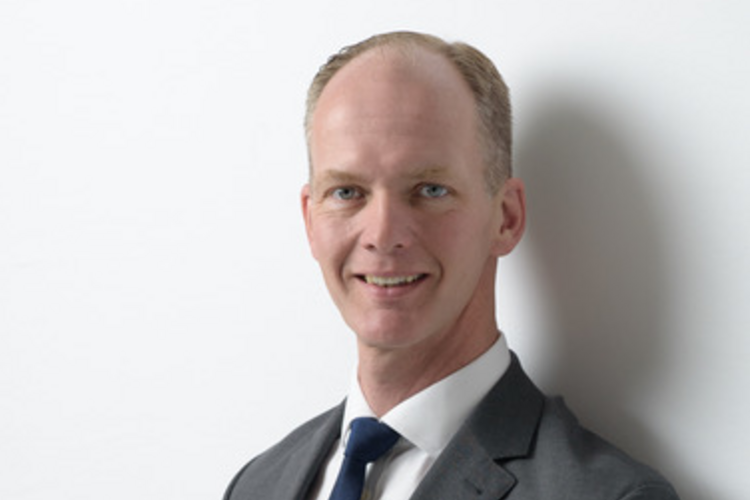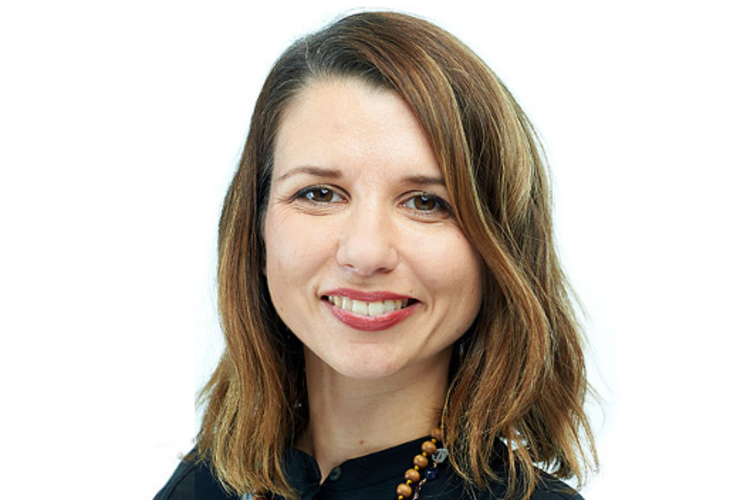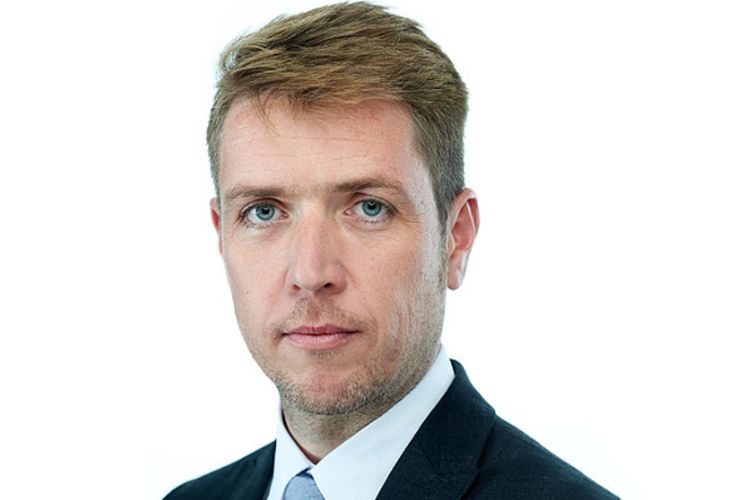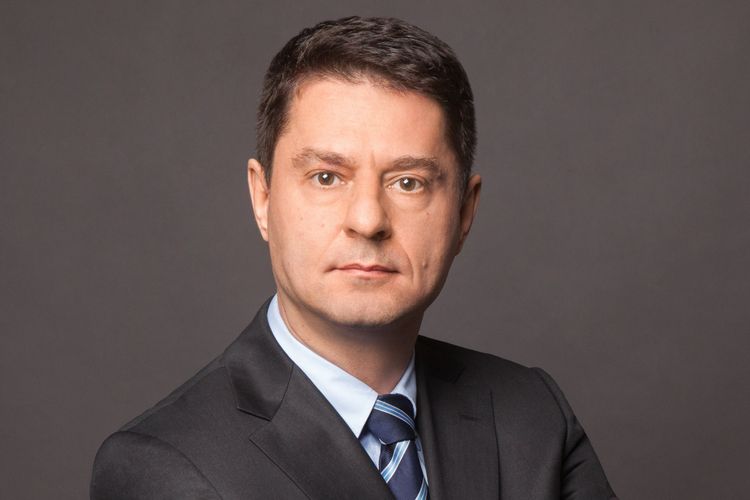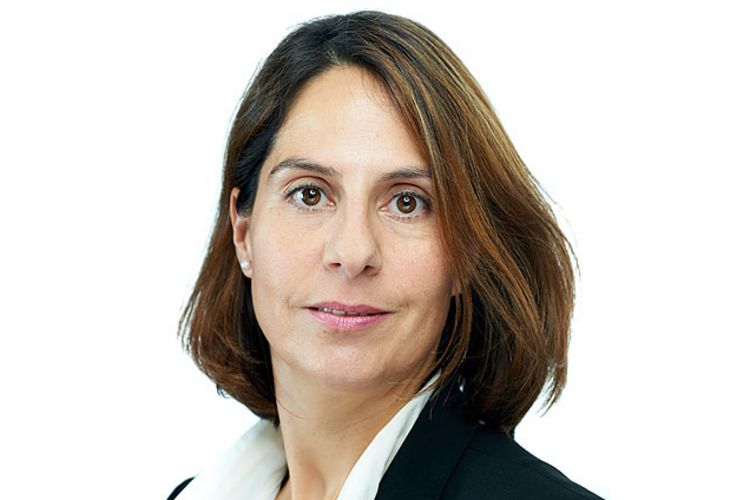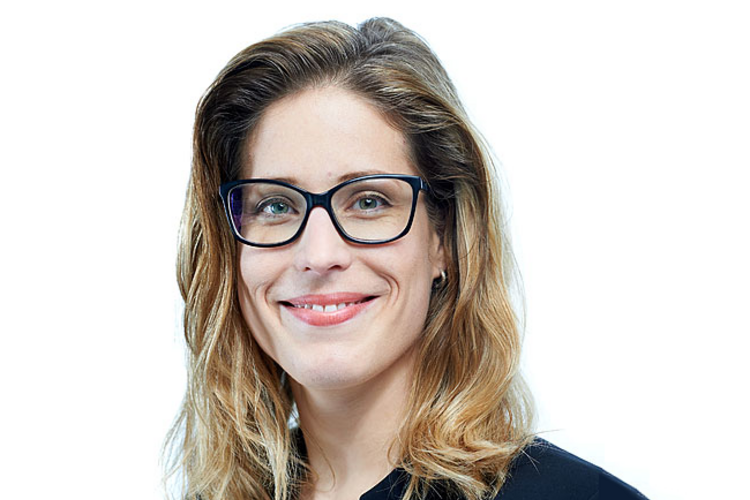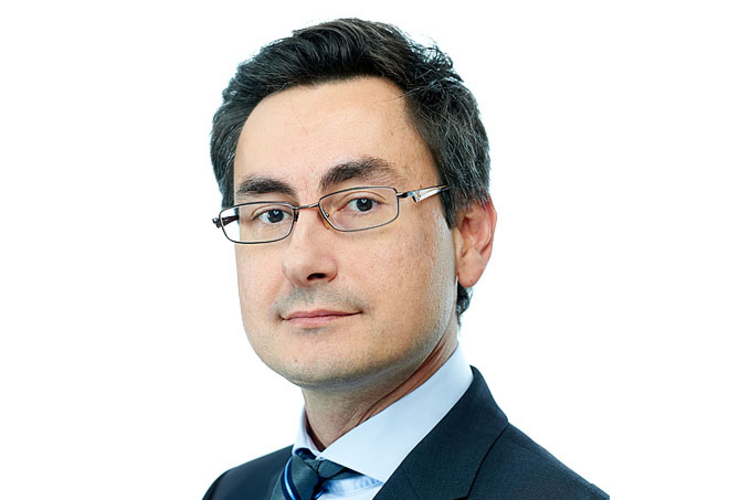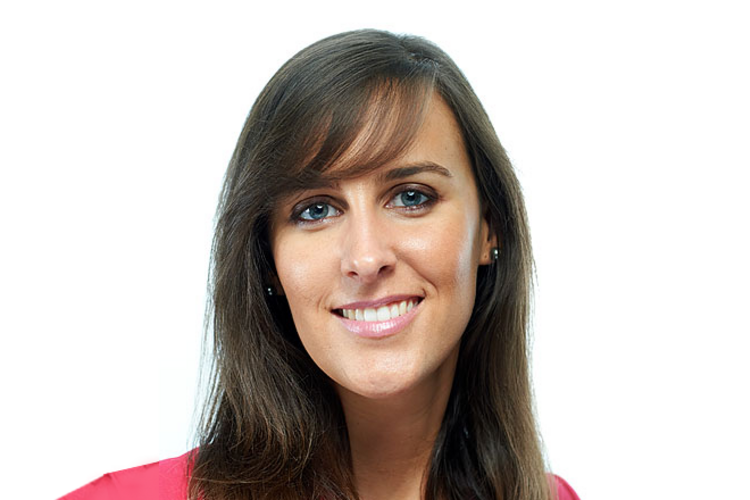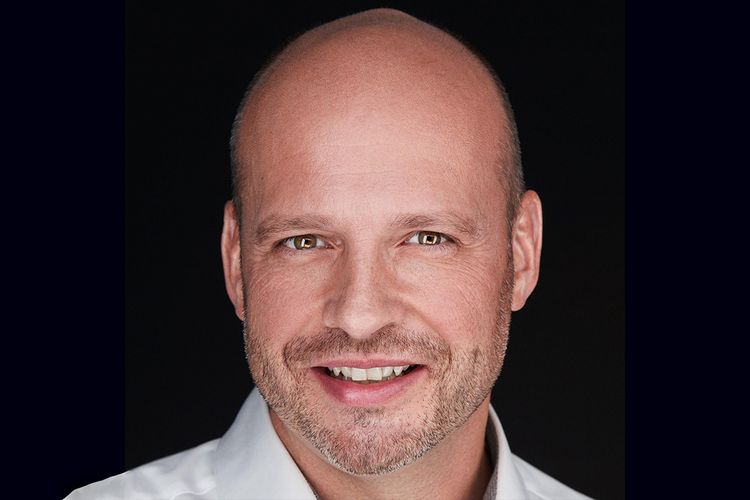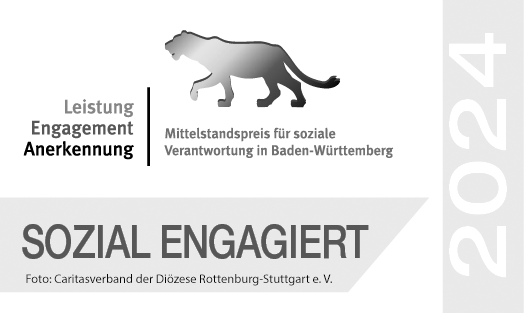Executive MBA Programme für erfahrene Fach- und Führungskräfte
Sie sind hier: Programme & Kurse » Executive MBA Programme für erfahrene Fach- und Führungskräfte
Lernen mit und von den Besten
Wie entwickeln sich erfahrene Führungskräfte weiter? Indem sie täglich Neues dazu lernen. Indem sie ihr Handeln und ihre Entscheidungen stets reflektieren. Und indem sie sich mit den Besten austauschen. Genau das ist auch die Kernphilosophie unserer Executive-MBA-Programme: Die Besten sollen in Mannheim zusammenkommen, mit- und voneinander lernen und so ihr volles Potenzial entfalten. Das wissen auch zahlreiche Unternehmen verschiedenster Größen und Branchen, die ihre Leistungsträger mit einem unserer Executive-MBA-Programme systematisch weiterentwickeln.
Unsere Executive MBA Programme
Mannheim Executive MBA
18-monatiges Teilzeit-Executive-MBA-Programm im Wochenend-Format für Fach- und Führungskräfte mit mindestens acht Jahren postgradualer Berufserfahrung
Mehr erfahrenESSEC & MANNHEIM Executive MBA
18-monatiges Teilzeit-Executive-MBA-Programm (modulares Format) für Fach- und Führungskräfte mit mindestens acht Jahren postgradualer Berufserfahrung
Mehr erfahrenWarum ein EMBA an der Mannheim Business School?
Flexible, auf die Bedürfnisse von Führungskräften abgestimmte Curricula
Ein Abschluss der führenden deutschen Universität in den Wirtschaftswissenschaften
Vermittlung von Wissen, Instrumenten und Methoden in allen Management-Kernbereichen
Eine Fakultät, die für praxisorientierte Lehre und Forschung auf Weltklasse-Niveau steht
Systematische Entwicklung der eigenen Persönlichkeit und Führungskompetenzen
Ein erstklassiges Preis-Leistungs-Verhältnis
Ein hoch internationales Umfeld
Nachhaltiges Lernen durch Möglichkeit zur Teilnahme an Personal Development Days und Wahlkursen bis zu drei Jahre nach Abschluss
Ein hochkarätiges, internationales und branchenübergreifendes Netzwerk
Nächste Informationsveranstaltungen
Interview mit unserer Admissions Managerin Nilgün Vatansever
Ist ein Executive-MBA für Sie das Richtige?
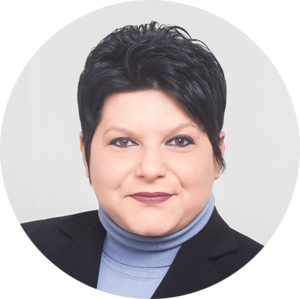 Executive-MBA-Programme genießen ein hohes Ansehen, gelten als ideales Sprungbrett für eine Karriere im Top-Management. Doch an wen richten sich diese Programme? Und was macht sie so besonders? Nilgün Vatansever, Admissions Managerin für die Executive-MBA-Programme an der Mannheim Business School, gibt Antwort.
Executive-MBA-Programme genießen ein hohes Ansehen, gelten als ideales Sprungbrett für eine Karriere im Top-Management. Doch an wen richten sich diese Programme? Und was macht sie so besonders? Nilgün Vatansever, Admissions Managerin für die Executive-MBA-Programme an der Mannheim Business School, gibt Antwort.
Frau Vatansever, für wen eignet sich ein Executive-MBA-Programm?
Seriöse Executive-MBA-Programme richten sich erfahrene Fach- und Führungskräfte mit beträchtlicher Berufserfahrung nach ihrem akademischen Erstabschluss. An der Mannheim Business School fordern wir mindestens acht Jahre, der tatsächliche Durchschnitt in den Klassen liegt aber wesentlich höher. Damit sind diese Programme gleichermaßen für Fachkräfte geeignet, die sich in Richtung einer generalistischen Managementposition verändern wollen oder sollen, wie auch für Führungskräfte, die bereits über umfassende Personal- und/oder Budgetverantwortung verfügen und sich fachlich wie auch persönlich weiterentwickeln wollen.
Warum diese klare Abgrenzung zu normalen MBA-Programmen? Kann es nicht gerade inspirierend sein, wenn sich erfahrene Führungskräfte und Jung-Manager austauschen?
Natürlich! Und die Gelegenheit zu diesem Austausch bieten gute Business Schools auch, aber auf Veranstaltungen außerhalb der eigentlichen Curricula. Denn so ähnlich die grundlegenden Inhalte von MBA und Executive MBA (EMBA) auch sein mögen, so unterschiedlich sind die Formen der Wissensvermittlung. In EMBA-Programmen findet das mit- und vor allem voneinander Lernen in einer vollkommen anderen Qualität und Intensität statt, als dies in Programmen, die sich an eine jüngere Zielgruppe richten, der Fall sein kann. So ist ausdrücklich erwünscht, dass die Teilnehmerinnen und Teilnehmer eigenes Wissen und eigene Erfahrungen in die Lehrveranstaltungen einbringen. Daher kommt es nicht selten vor, dass beispielsweise ein südamerikanischer Ingenieur, der internationale Großprojekte verantwortet hat, eine deutsche Geisteswissenschaftlerin, die im Journalismus tätig ist, und ein nordamerikanischer Geologe, der in der Ölindustrie arbeitet, gemeinsam eine Lösung für eine Problemstellung finden müssen und dabei mit vollkommen neuen Denk- und Arbeitsweisen konfrontiert werden.
Das stellt bestimmt auch besondere Anforderungen an den Lehrkörper, oder?
Auf jeden Fall! Reiner Frontalunterricht macht in EMBA-Programmen keinen Sinn, denn grundlegende Begriffe und Konzepte sind in der Regel bereits durch die jahrelange Berufspraxis bekannt oder im Selbststudium erworben worden. Viel mehr übernehmen Lehrende häufig eine moderierende Rolle, indem sie Fachdiskussionen leiten und lenken, ihre eigene Expertise punktgenau einbringen und letztlich dafür sorgen, dass die Lernziele erreicht werden.
Was raten Sie Interessenten? Schließlich trifft man die Entscheidung für ein Executive-MBA-Programm wohl kaum über Nacht…
Man sollte sich sehr genau und umfassend informieren, denn längst nicht alle MBA- und EMBA-Programme, die in Deutschland angeboten werden, entsprechen den internationalen Standards. Ebenso wenig ist jedes Programm, das „Executive“ im Namen trägt, auch tatsächlich ein EMBA. Daher sollte man den Dialog mit dem Anbieter seines Wunschprogramms suchen und sich am besten vor Ort oder im Gespräch mit aktuellen Teilnehmern und Alumni, die möglicherweise sogar einen ähnlichen beruflichen Werdegang hatten, informieren. Eine ideale Plattform sind Open Days, wie wir sie an der Mannheim Business School zwei Mal pro Jahr anbieten. Nicht zuletzt sollte man auch die Bewerbungsfristen beachten und sich frühzeitig bewerben, um in den Genuss von Early-Bird-Rabatten oder Stipendien zu kommen.
Das ideale EMBA-Profil
Sie sind eine erfahrene, international orientierte Führungskraft? Sie wollen Ihr Management-Wissen weiter ausbauen, neue Instrumente und Methoden kennen lernen und sich als Persönlichkeit und Führungskraft weiter entwickeln? Dann ist ein Executive-MBA-Programm für sie die richtige Wahl. Unsere Anforderungen im Überblick:
- Einen akademischen Erstabschluss
- mindestens acht Jahre postgradualer Berufserfahrung
- Personal- und/oder Budgetverantwortung
- internationale Erfahrungen
- sehr gute Englischkenntnisse
- die Zusage Ihres Arbeitgebers, Ihnen den Besuch der Präsenzveranstaltungen zu ermöglichen
- ein hohes Maß an Engagement und Motivation, damit das Executive-MBA-Programm zu einem Erlebnis wird, von dem alle ein Leben lang profitieren werden
Karriereentwicklung bei den Mannheimer EMBA-Programmen: Zahlen und Fakten
Mehr als 60% unserer Executive-MBA-Absolventen wechselten während des Programms ihren Job (innerhalb oder außerhalb ihres Unternehmens)
Unter den Top 20 (ESSEC & MANNHEIM EMBA) weltweit in der Kategorie "Karrierefortschritt" im Financial Times EMBA Ranking
Mannheimer EMBA-Absolventen erzielen laut Financial Times EMBA Ranking drei Jahre nach Abschluss des Programms im Durchschnitt Gehaltssteigerungen von mehr als 45%
Eindrücke aktueller und ehemaliger Teilnehmer
Downloads
- Mannheim Executive MBA Brochure
- ESSEC & MANNHEIM Executive MBA Brochure
- FACTSHEET Mannheim Executive MBA
- Factsheet ESSEC & MANNHEIM Executive MBA (Part-Time)
Ansprechpartner
